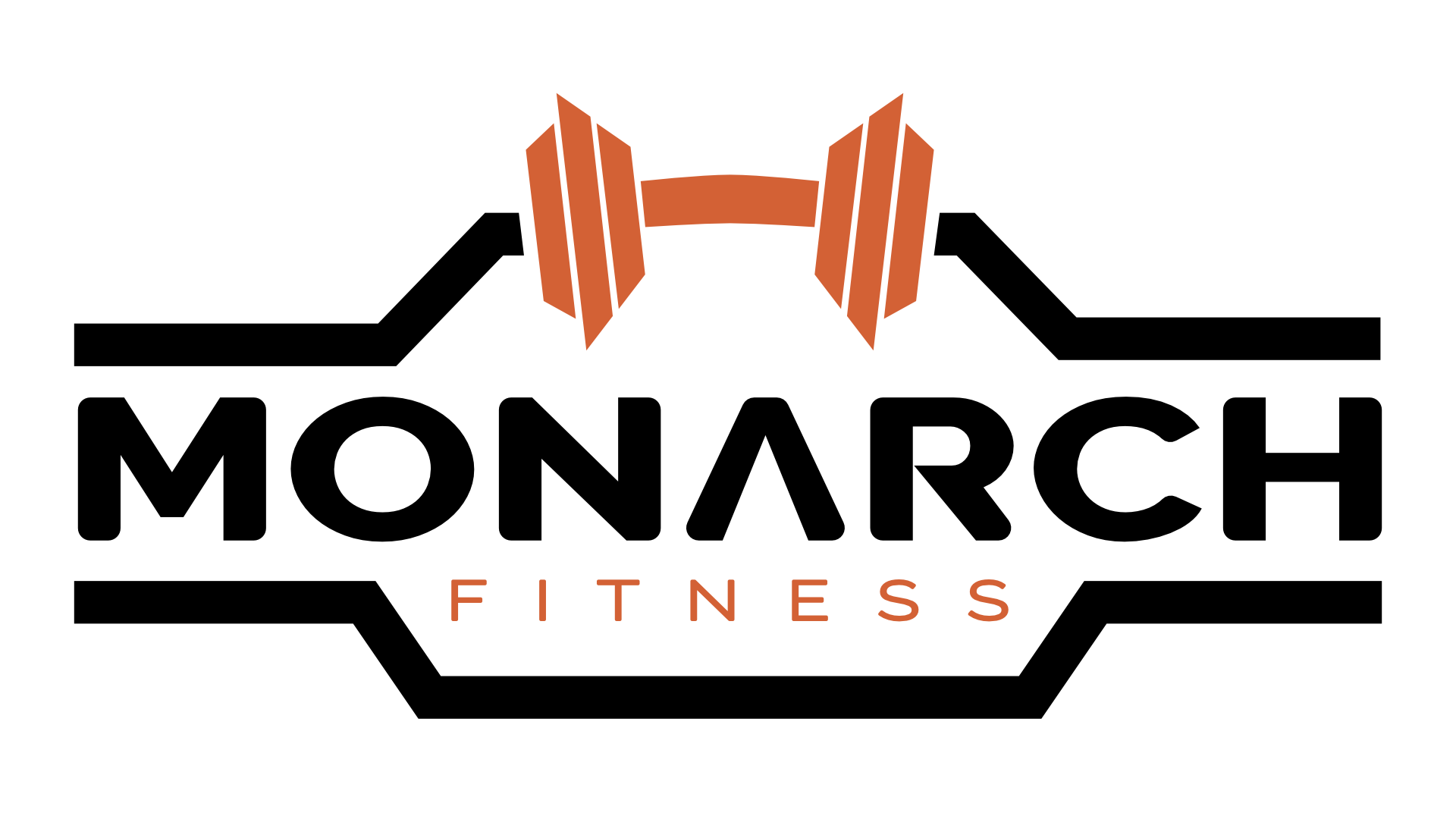The Vital Role of Realistic Expectations in Achieving Health and Fitness Goals
Embarking on a journey toward better health and fitness is an admirable endeavor, one that promises numerous benefits for both body and mind. However, amidst the excitement and enthusiasm, it’s crucial to temper our ambitions with a healthy dose of realism. Setting realistic expectations can mean the difference between sustainable progress and frustrating setbacks. In this article, we’ll explore why realistic expectations are essential and how they can pave the way for success in your health and fitness endeavors.
The Pitfalls of Unrealistic Expectations
Before diving into the importance of setting realistic expectations, let’s first consider the potential pitfalls of unrealistic ones:
- Burnout and Disappointment: Unrealistic expectations often lead to burnout and disappointment. When we set the bar too high, too soon, we’re setting ourselves up for failure. This can erode motivation and breed a sense of defeatism.
- Risk of Injury: Pushing ourselves beyond our limits in pursuit of lofty goals can increase the risk of injury. Whether it’s lifting weights that are too heavy or pushing through intense workouts without adequate rest, the consequences of overexertion can be detrimental to our physical health.
- Negative Self-Talk: Unrealistic expectations can fuel negative self-talk and undermine our self-esteem. When we fail to meet impossibly high standards, it’s easy to fall into a pattern of self-criticism and doubt.
The Benefits of Realistic Expectations
On the flip side, embracing realistic expectations can yield a host of benefits:
- Sustainable Progress: Setting achievable goals allows us to make steady, sustainable progress over time. By breaking our larger objectives into smaller, manageable steps, we create a roadmap for success that’s both attainable and sustainable.
- Improved Motivation: Realistic expectations bolster motivation by providing a clear path forward. When we see tangible progress toward our goals, it reinforces our commitment and inspires us to keep pushing forward.
- Enhanced Well-being: By prioritizing balance and moderation, realistic expectations promote overall well-being. Rather than fixating on outcomes alone, we learn to appreciate the journey and cultivate a healthier relationship with exercise and nutrition.
Strategies for Setting Realistic Expectations
So, how can we ensure that our expectations are grounded in reality? Here are some strategies to consider:
- Set SMART Goals: Make your goals Specific, Measurable, Achievable, Relevant, and Time-bound. This framework provides a clear blueprint for success and helps prevent ambiguity.
- Focus on Process, Not Just Outcome: While it’s important to have a clear outcome in mind, don’t overlook the importance of the process. Celebrate small victories along the way and acknowledge the effort you’re putting in, regardless of the outcome.
- Listen to Your Body: Pay attention to your body’s signals and adjust your expectations accordingly. If you’re feeling fatigued or experiencing persistent pain, it’s okay to dial back the intensity and give yourself the rest you need.
- Seek Support: Surround yourself with a supportive network of friends, family, or professionals who can offer encouragement and guidance. Having accountability partners can help keep you on track and provide perspective when challenges arise.
Conclusion
In the pursuit of health and fitness goals, setting realistic expectations is paramount. By acknowledging our limitations, embracing balance, and focusing on sustainable progress, we set ourselves up for long-term success. Remember, it’s not just about reaching the finish line—it’s about enjoying the journey and cultivating a healthier, happier lifestyle along the way. So, as you embark on your wellness journey, remember to be kind to yourself, stay patient, and celebrate every step forward, no matter how small.




